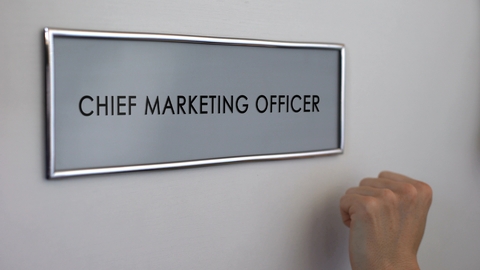In the ever-evolving landscape of modern business, the Chief Marketing Officer (CMO) holds a pivotal role in shaping the narrative, perception, and success of a company’s brand. With the digital revolution reshaping consumer behavior and communication channels, the CMO’s influence has expanded beyond traditional marketing functions to encompass strategic leadership and innovation.
Traditionally, the CMO’s responsibilities centered around advertising, branding, and customer engagement. However, in today’s digital age, the CMO’s role extends far beyond traditional boundaries. Leading the charge in this transformation is Sarah Patel, Chief Marketing Officer at NexaTech, a global technology company known for its innovative solutions. Patel embodies the modern CMO – a strategic thinker who leverages data-driven insights, technology, and creativity to drive business growth.
In an exclusive interview, Patel shares her insights into the evolving role of the CMO and its significance in today’s business landscape. “In a digitally connected world, the CMO is not just a marketer; they are the custodian of the brand experience,” she emphasizes. “As CMOs, our role is to engage with customers authentically, anticipate their needs, and drive meaningful connections that foster loyalty and advocacy.”
Indeed, the strategic importance of marketing has never been more pronounced. In an era where consumers are inundated with information and choices, companies must differentiate themselves by delivering personalized, relevant, and authentic brand experiences. CMOs play a central role in crafting compelling brand narratives, leveraging digital platforms, social media, and data analytics to engage with customers and build lasting relationships.
However, navigating the complexities of modern marketing requires a multifaceted approach. CMOs must harness the power of data and analytics to gain insights into consumer behavior and preferences. They must also stay ahead of emerging trends and technologies, from artificial intelligence and machine learning to influencer marketing and immersive experiences.
Despite the challenges, the rewards of effective marketing leadership are substantial. Companies that invest in building strong, differentiated brands not only drive customer loyalty and advocacy but also command premium pricing and market share. By aligning marketing strategies with business objectives and customer needs, CMOs can drive growth and create sustainable competitive advantage.
As businesses continue to navigate the complexities of the digital age, the role of the CMO will only grow in significance. By championing customer-centricity, innovation, and creativity, CMOs have the opportunity to shape the future of their organizations and drive sustainable growth in an increasingly competitive marketplace.
In the words of Sarah Patel, “Marketing is not just about selling products or services; it’s about creating meaningful connections and experiences that resonate with customers. As CMOs, let us embrace the challenge and lead our organizations towards a future defined by authentic, customer-centric brand storytelling.”



